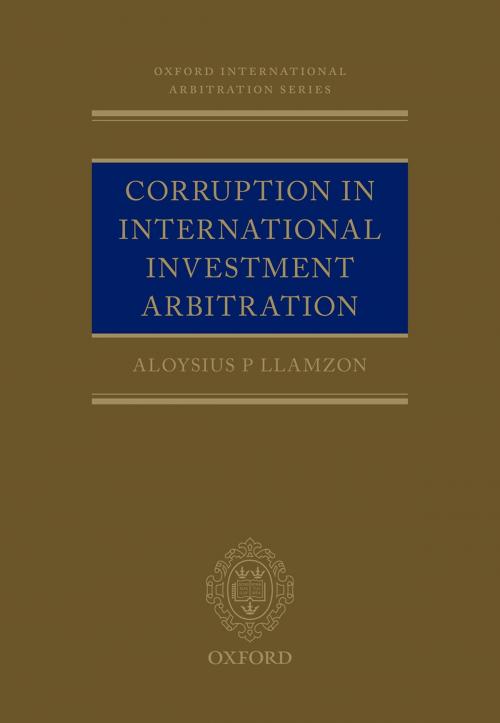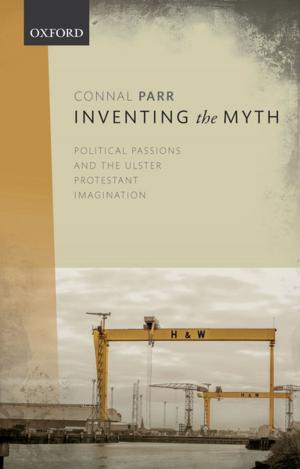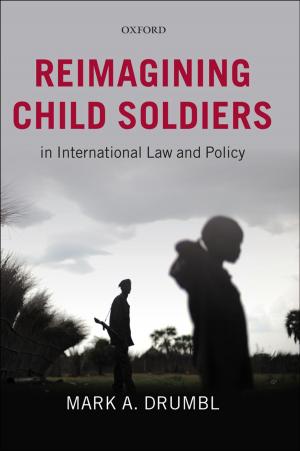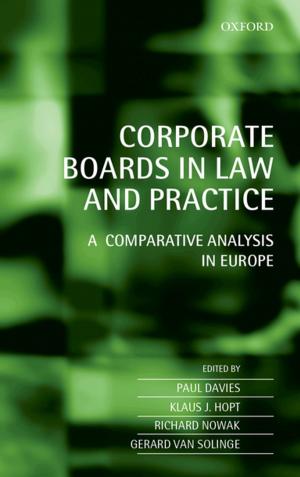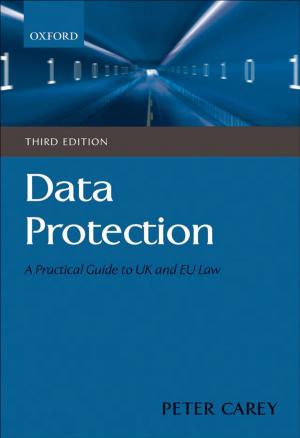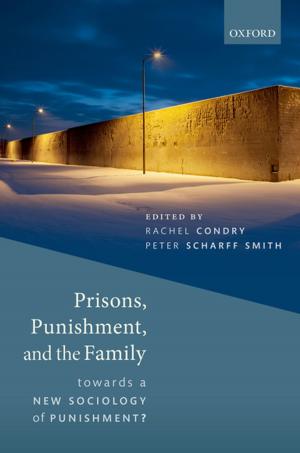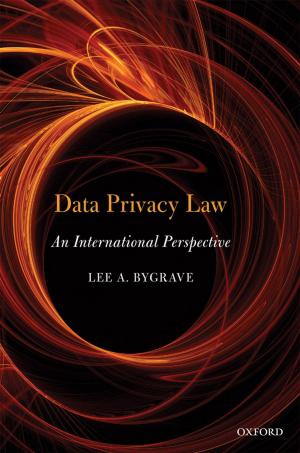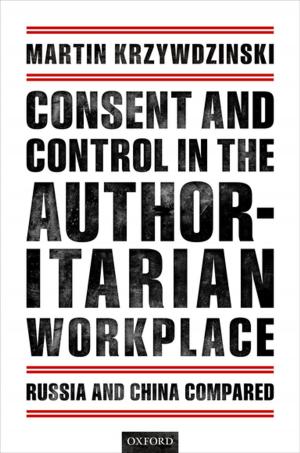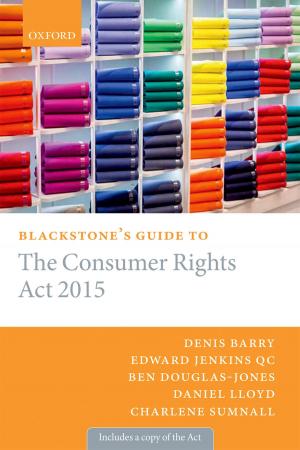Corruption in International Investment Arbitration
Nonfiction, Reference & Language, Law, Arbitration, Negotiation, & Mediation, International| Author: | Aloysius P Llamzon | ISBN: | 9780191023705 |
| Publisher: | OUP Oxford | Publication: | September 4, 2014 |
| Imprint: | OUP Oxford | Language: | English |
| Author: | Aloysius P Llamzon |
| ISBN: | 9780191023705 |
| Publisher: | OUP Oxford |
| Publication: | September 4, 2014 |
| Imprint: | OUP Oxford |
| Language: | English |
This is the first comprehensive study of corruption in international investment arbitration. The book considers the limited effectiveness of efforts to combat transnational corruption in international law and the emergence of international investment arbitration as a singular means for effective control of corruption within the international legal order. The case law on corruption by investment tribunals is studied exhaustively, jurisprudential trends are identified, and reforms aimed at enhancing the effectiveness and fairness of investment arbitration as a mechanism to combat corruption are proposed. Divided into three parts, part I focus on the phenomenon of corruption in foreign investment and attempts at its control through international law. Part II analyses the available case law in international investment arbitration dealing with corruption. Llamzon identifies nine distinct trends emerging from the case law and provides a table summarizing the key areas of corruption decision-making and each relevant tribunal's approach, which is an invaluable tool for practitioners engaging in 'live' issues of corruption within arbitral proceedings. Part III reflects on the implications of these trends for both the 'supply' and 'demand' sides of corruption in international law, and proposes a integrative framework of decision for corruption issues in international investment arbitration.
This is the first comprehensive study of corruption in international investment arbitration. The book considers the limited effectiveness of efforts to combat transnational corruption in international law and the emergence of international investment arbitration as a singular means for effective control of corruption within the international legal order. The case law on corruption by investment tribunals is studied exhaustively, jurisprudential trends are identified, and reforms aimed at enhancing the effectiveness and fairness of investment arbitration as a mechanism to combat corruption are proposed. Divided into three parts, part I focus on the phenomenon of corruption in foreign investment and attempts at its control through international law. Part II analyses the available case law in international investment arbitration dealing with corruption. Llamzon identifies nine distinct trends emerging from the case law and provides a table summarizing the key areas of corruption decision-making and each relevant tribunal's approach, which is an invaluable tool for practitioners engaging in 'live' issues of corruption within arbitral proceedings. Part III reflects on the implications of these trends for both the 'supply' and 'demand' sides of corruption in international law, and proposes a integrative framework of decision for corruption issues in international investment arbitration.
